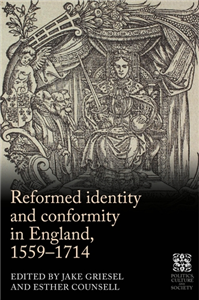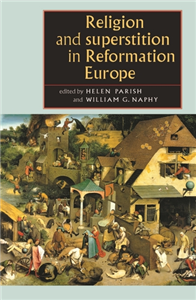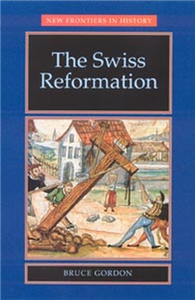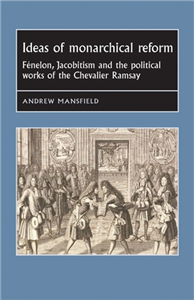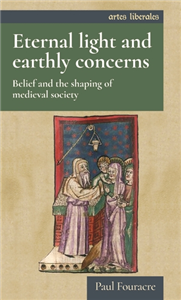Brookings Institution Press
The Brookings Institution and its scholars are known worldwide as a source for original and innovative thought in foreign policy, American politics and governance, current affairs, metropolitan policy, economics, and development. In turn, the Brookings Institution Press helps bring the knowledge and research by scholars from within and outside the Institution to a wider audience of readers, researchers, students, and policymakers through its books and journals. The Press publishes about forty books a year that harness the power of fact and rigorous research to start conversations, inform debates, change minds, and move policy.
View Rights Portal





